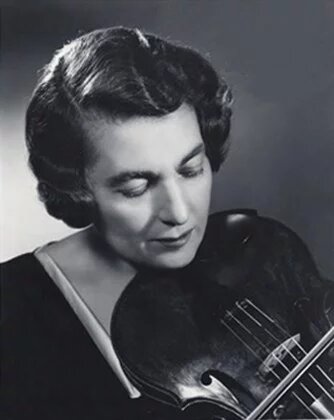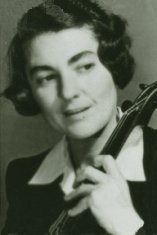Reference




Moonshot's Answer
Lillian Fuchs was distinguished as an instrumentalist and a teacher for several reasons:
-
Instrumentalist: She was considered among the finest instrumentalists of her time, known for her flawless technique, rich and expressive tone, and creative interpretations. She was also one of the first violists to perform J.S. Bach's Cello Suites in concert and the first to record them, bringing these works into the viola repertoire.
-
Teacher: Fuchs had a distinguished teaching career at prestigious institutions such as the Juilliard School, the Manhattan School of Music, the Aspen Music Festival and School, and the Blue Hill Music Center. She was known for her soulful viola performances that inspired composers to create pieces specifically for the viola. In 1979, she was presented with the ASTA Artist Teacher Award, recognizing her significant contributions to music education.
-
Composer: Fuchs was also a composer, and her works, such as "Fifteen Characteristic Studies for Viola," have become an important part of the viola repertoire.
-
Pioneering Role: She was one of the first women to perform as a permanent member of a string quartet in America, breaking gender barriers in the field.
-
Legacy: Her influence extended to generations of musicians, many of whom have gone on to have distinguished careers in music.
Images of Lillian Fuchs can be found here, here, and here, showcasing her prominence as a violist.
Follow Up
Related
What role did the versorium play in distinguishing between magnetism and static electricity?
What criteria were used to award the Distinguished Conduct Medal?
What architectural details distinguished the Žiežmariai synagogue in Lithuania?
How can the Series B Sammy the Shunter jigsaws be distinguished from Series A?